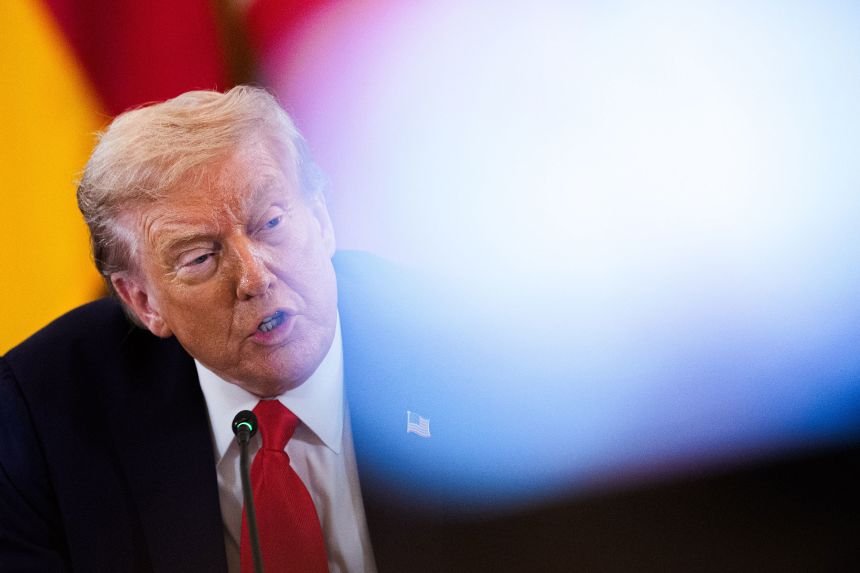WASHINGTON: US Treasury Secretary Scott Bessent on Tuesday accused India of “profiteering” by purchasing Russian energy cheaply and reselling refined energy products in global markets while defending Washington’s decision not to punish China for similar trade with Russia.

Bessent said in a television interview that Beijing’s longstanding purchases of Russian oil were in contrast to India’s rapid increase in imports after the war in Ukraine broke out. Bessent was asked why Washington had not placed tariffs on China for purchasing Russian energy, after imposing a 25% penalty, on top of a 25% reciprocal tariff, on India for the same.
“China importing Russian oil is sub-optimal. But if you go back and look, before the 2022 invasion, 13% of China’s oil was already coming from Russia and now it’s 16%. So China has a diversified input of their oil. If you go back and look back, India had less than 1% of their oil (coming from Russia) and now it’s up to, I believe, 42%. So India is just profiteering,” Bessent said .
“They (India) made $16 billion in excess profits. Some of the richest families in India. This is a completely different thing. This is what I would call the Indian arbitrage — buying cheap Russian oil, reselling it as product, has just just sprung up during the war – which is unacceptable,” Bessent added..
Bessent’s comments come just a day after White House trade advisor Peter Navarro levelled similar accusations against New Delhi. Navarro claimed India’s purchases of Russian energy were “opportunistic” and “corrosive” to global efforts being made to isolate Russia’s economy.
“As Russia continues to hammer Ukraine, helped by India’s financial support, American (and European) taxpayers are then forced to spend tens of billions more to help Ukraine’s defence. Meanwhile, India keeps slamming the door on American exports through high tariffs and trade barriers. More than 300,000 soldiers and civilians have been killed, while Nato’s eastern flank grows more exposed and the west foots the bill for India’s oil laundering,” Navarro wrote in an opinion column for the Financial Times. The top trade advisor welcomed a “two-pronged policy” of restricting Indian access to US markets and forcing India to reduce oil imports from Russia.
“If India wants to be treated as a strategic partner of the US, it needs to start acting like one,” Navarro added.
Tensions between India and the United States have risen considerably in recent weeks over deadlocked trade talks and Indian purchases of energy from Russia. A planned visit to advance trade negotiations by a team from the office of the United States Trade Representative was put off amid wider difficulties in the relationship.
New Delhi has refused to grant greater market access for US companies to India’s agriculture, dairy and micro, small and medium enterprises (MSME) sectors. It has also defended purchases of Russian oil as essential to guaranteeing national energy security. India has also called US tariff penalties “unreasonable” and “unjustified” by pointing to continued US and EU trade with Russia in energy and other sensitive materials.






